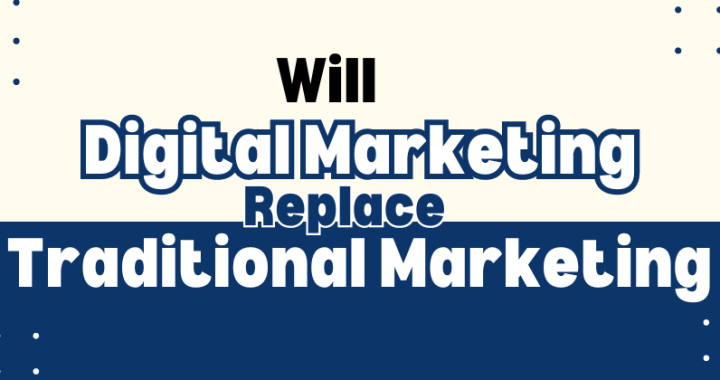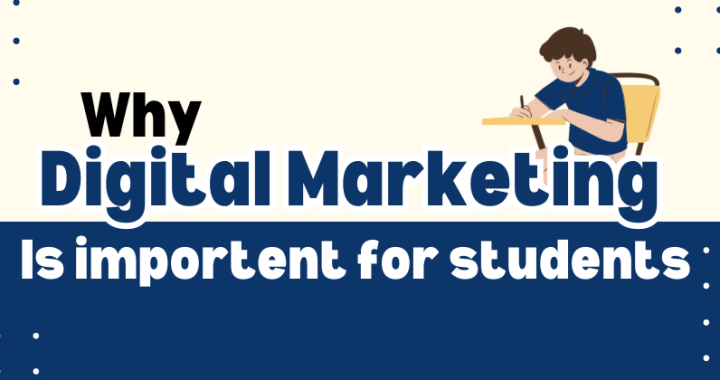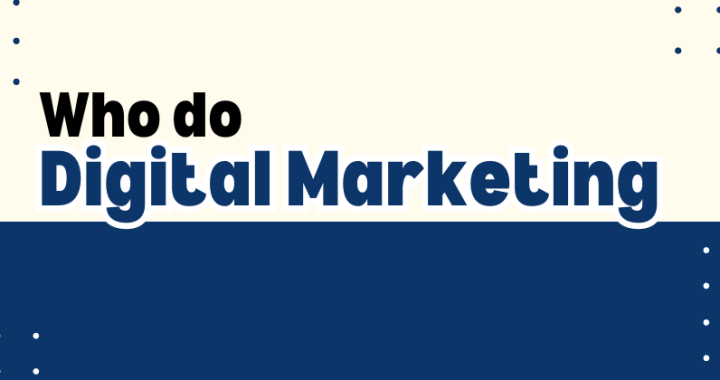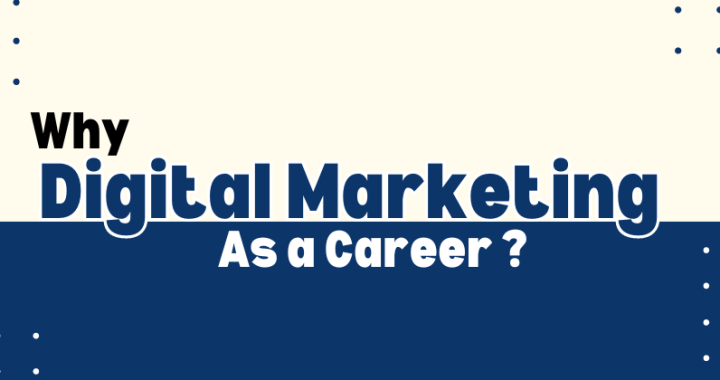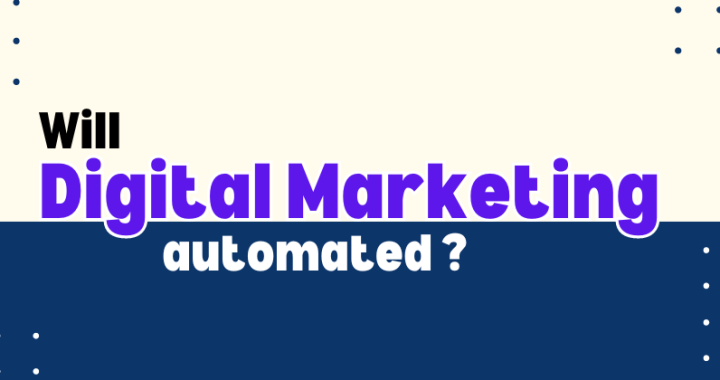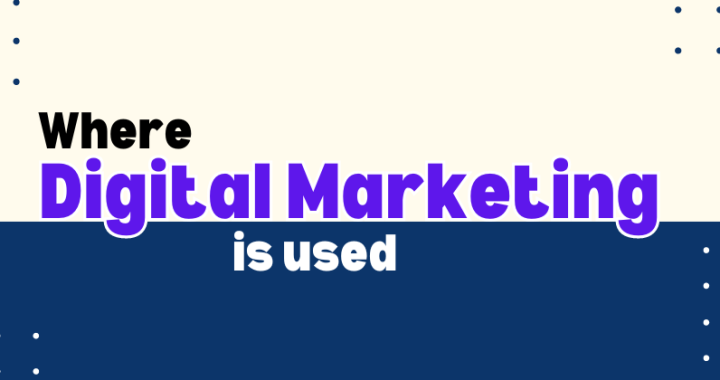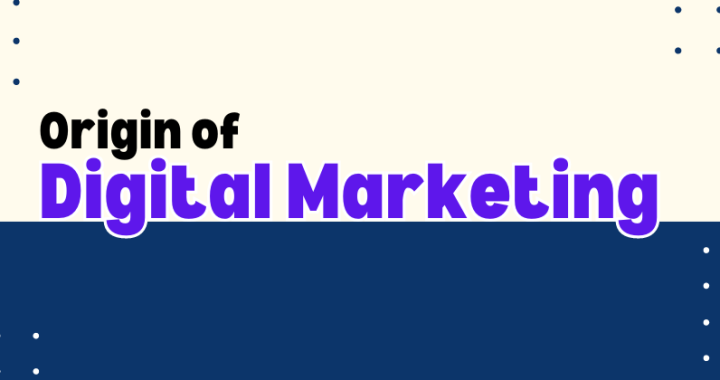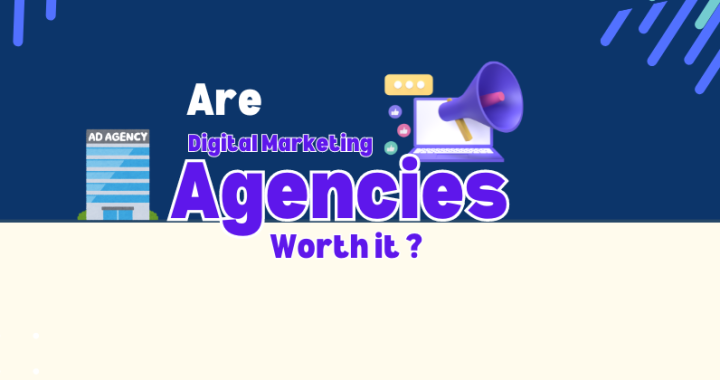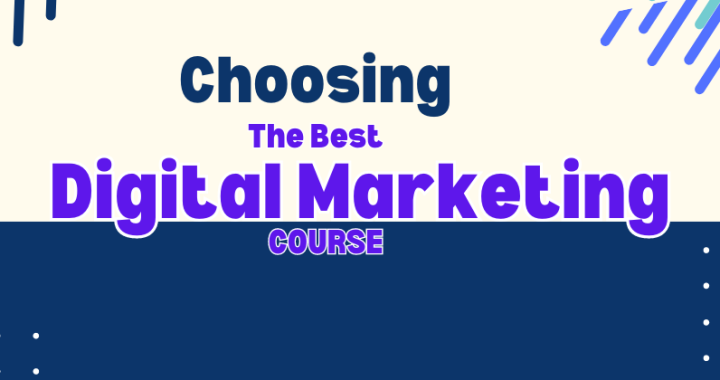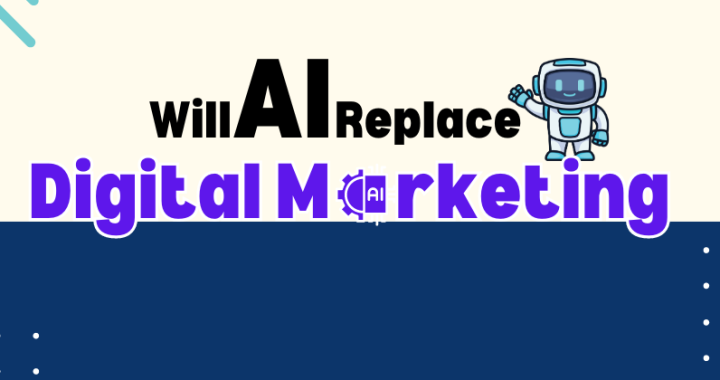In today’s rapidly evolving business landscape, one of the most pressing questions for marketers is whether digital marketing will completely replace traditional marketing. The advent of the internet, social media, and mobile technology has revolutionized the way businesses connect with their customers. Digital marketing strategies such as search engine optimization (SEO), pay-per-click (PPC) advertising, email marketing, social media marketing, and content marketing have become indispensable tools for reaching target audiences in a cost-effective and measurable way. However, traditional marketing methods, such as television, radio, print ads, direct mail, and billboards, continue to have a significant presence and influence. This blog will explore whether digital marketing is on the verge of overtaking traditional marketing and if there’s still a place for traditional methods in the modern marketing mix.
The Rise of Digital Marketing
Several factors have contributed to its rise, making it an essential component of modern business strategies:
Cost-Effectiveness: One of the primary advantages of digital marketing is its cost-effectiveness. Small businesses and startups, which may lack substantial budgets for traditional advertising, can leverage digital channels to reach their target audience without breaking the bank. PPC campaigns, social media ads, and email marketing are generally more affordable than television or print advertising, making digital marketing accessible to a broader range of businesses.
Measurable Results: Digital marketing offers a level of measurability and analytics that traditional marketing cannot match. Marketers can track key performance indicators (KPIs) in real-time, such as website traffic, conversion rates, click-through rates (CTR), and return on investment (ROI). This data-driven approach enables marketers to make informed decisions, optimize campaigns, and demonstrate the effectiveness of their strategies.
Targeted Advertising: Digital marketing allows businesses to target their advertising efforts with great precision. Through tools like Google Ads, Facebook Ads, and LinkedIn Ads, marketers can segment audiences based on demographics, interests, behavior, and location. This level of targeting ensures that marketing messages reach the most relevant audience, increasing the chances of engagement and conversion.
Interactivity and Engagement: Digital platforms enable two-way communication between brands and customers. Social media platforms, for instance, allow businesses to engage directly with their audience, fostering a sense of community and loyalty. This interactive nature of digital marketing creates opportunities for real-time feedback, customer support, and relationship-building, which are more challenging to achieve with traditional methods.
With the internet’s pervasive presence, even small companies can extend their reach beyond their local markets. This globalization opens up new opportunities for growth and expansion that traditional marketing methods cannot easily replicate.
The Continuing Relevance of Traditional Marketing
Despite the rise of digital marketing, traditional marketing remains a significant player in the marketing mix for several reasons:
Wider Audience Reach: Traditional marketing methods, such as television and radio advertising, can reach a broader audience, including those who may not be active online. Older demographics, in particular, tend to consume more traditional media than digital, making traditional marketing an effective way to reach these segments.
Tangible and Memorable: Traditional marketing materials, such as brochures, flyers, and direct mail, provide a tangible experience that digital marketing lacks. Physical materials can create a lasting impression, especially when creatively designed and executed. This tactile experience can make a brand more memorable and distinguish it from competitors who focus solely on digital channels.
Credibility and Trust: Traditional marketing is often perceived as more credible and trustworthy. A well-placed print ad in a reputable magazine or a television commercial during a popular show can enhance a brand’s reputation. Many consumers still trust traditional advertising more than digital ads, which are sometimes viewed as intrusive or misleading.
Local Marketing Effectiveness: For local businesses, traditional marketing methods like billboards, local newspaper ads, and community events can be highly effective. These strategies allow businesses to connect with their community and build local brand awareness. Digital marketing may not always capture the local audience as effectively as traditional methods.
Less Saturation: While digital marketing channels are often crowded and competitive, traditional marketing channels can be less saturated. This lower competition can lead to higher visibility and impact, especially in markets where digital marketing is the dominant strategy.
The Integration of Digital and Traditional Marketing
Rather than viewing digital and traditional marketing as mutually exclusive, many businesses find value in integrating both approaches to create a comprehensive marketing strategy. Here’s how an integrated strategy can work:
Multi-Channel Campaigns: Combining digital and traditional marketing efforts can create a more cohesive and impactful campaign. For example, a company might launch a television commercial and use social media to amplify the message, engage with viewers, and drive them to a landing page for more information. This multi-channel approach ensures consistent messaging across all platforms and increases the chances of reaching a broader audience.
Cross-Promotion: Digital and traditional marketing channels can complement each other through cross-promotion. A print ad in a magazine can encourage readers to visit a website or follow the company on social media. Similarly, an email newsletter can promote a new product featured in a television commercial. Cross-promotion helps reinforce brand messaging and drives traffic between different channels.
Event Marketing: Traditional marketing methods, such as direct mail invitations or flyers, can be combined with digital marketing strategies like email marketing and social media promotion to boost attendance at events. This integrated approach ensures that the event reaches a diverse audience and maximizes attendance and engagement.
Brand Consistency: By integrating digital and traditional marketing strategies, businesses can maintain consistent branding and messaging across all channels. This consistency builds trust and recognition among consumers, making the brand more memorable and trustworthy.
The Future of Marketing: A Hybrid Approach
While digital marketing continues to grow and evolve, it is unlikely to completely replace traditional marketing. Instead, the future of marketing lies in a hybrid approach that combines the best of both worlds. Here’s why:
Adaptability to Consumer Preferences: Consumers today are diverse in their media consumption habits. Some prefer digital channels, while others still engage with traditional media. A hybrid approach allows businesses to cater to both preferences, ensuring they reach all potential customers.
Innovation and Flexibility: The digital landscape is constantly changing, with new platforms, technologies, and trends emerging regularly. Businesses that adopt a hybrid approach can stay flexible and adapt to these changes while maintaining a presence in traditional media that continues to provide value.
Maximizing ROI: By leveraging both digital and traditional marketing methods, businesses can maximize their return on investment. Digital marketing provides measurable data that can be used to optimize campaigns, while traditional marketing methods can deliver a high impact and reach. Together, these strategies create a balanced approach that maximizes effectiveness and efficiency.
Building a Strong Brand Presence: A combination of digital and traditional marketing strategies can help businesses build a strong brand presence both online and offline. Digital marketing excels in driving online engagement and traffic, while traditional marketing can reinforce brand awareness and credibility in the physical world. This dual presence ensures that a brand is visible and recognizable across all touchpoints.
Conclusion
In conclusion, while digital marketing has become a dominant force in the marketing world, it is unlikely to completely replace traditional marketing. Both digital and traditional marketing have unique strengths and advantages that make them valuable in different contexts. The most effective marketing strategies will likely be those that integrate both digital and traditional methods to create a comprehensive, multi-channel approach that reaches diverse audiences, maximizes ROI, and builds a strong brand presence. As the marketing landscape continues to evolve, businesses must remain adaptable, innovative, and open to combining the best of both worlds to achieve their goals and stay competitive in the ever-changing marketplace.
